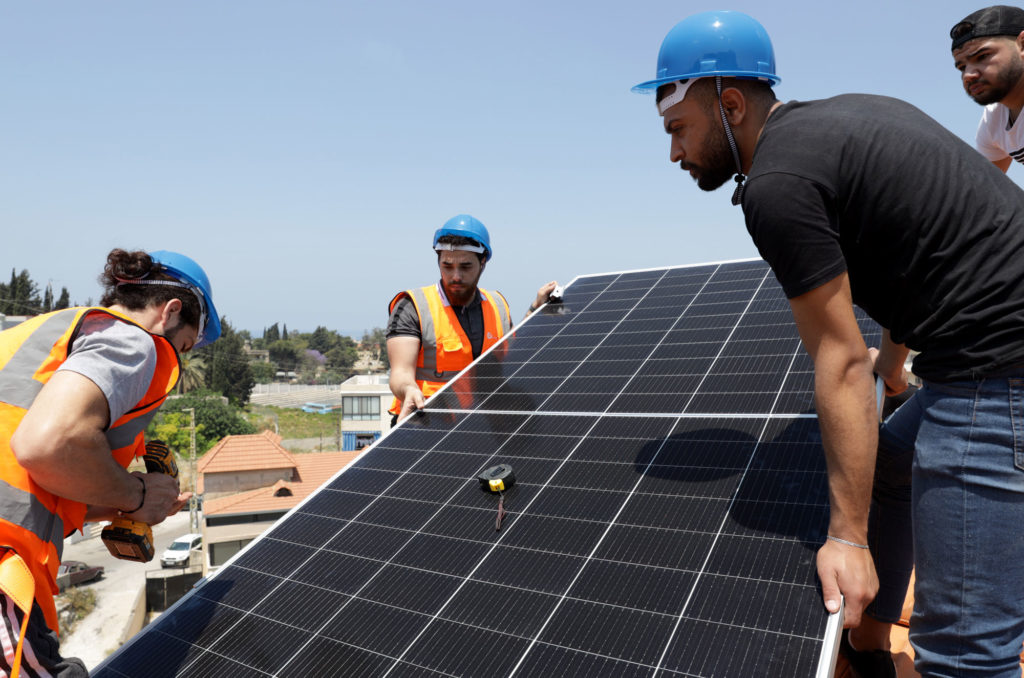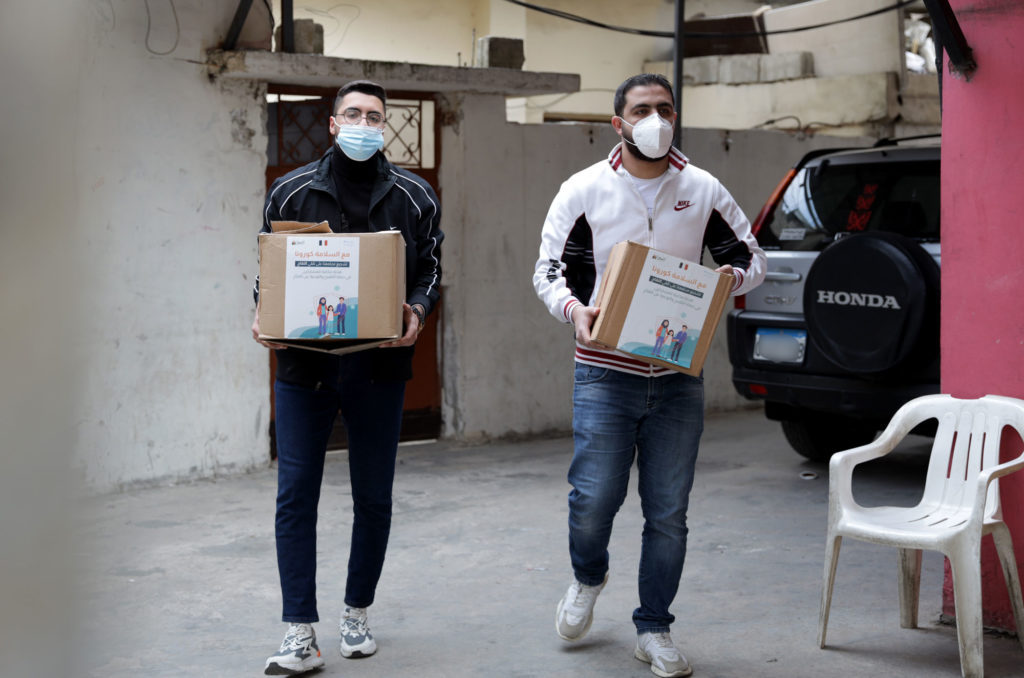May, 2007
Seven-year-old Nada gazed forlornly from her hospital bed, a life-giving IV line bandaged to her hand.
Her long journey to Al Safed, the only hospital in Beddawi Refugee camp, began much earlier than last night when she was diagnosed with acute Hepatitis A.
Forty days earlier, her family of seven was forced to flee its home in Northern Lebanon’s Nahr El Bared camp after it was hit by shelling on the first day of fighting between Fatah al-Islam militants and the Lebanese army.
As soon as the crisis began, Anera mobilized to meet the emergency needs of displaced Palestinians, routing two multi-million dollar shipments of medical supplies and pharmaceuticals from AmeriCares into the capable hands of local partners. The Palestinian Red Crescent Society harbors patients like Nada, the Health Care Society (HCS) dispenses chronic medicines, and Popular Aid for Relief and Development (PARD) treats wounds from a first-aid tent. These groups do what they can to help Palestinian families; several beneficiaries of the life-saving medicines are children.
Many of the over 15,000 displaced people are in situations similar to Nada’s family. Forced to flee Nahr El Bared with only the clothes they wore, they now cram into schools with up to 60 per room or share cramped quarters with extended families. They wait in intense summer heat for news of when they can return home, though many believe their homes have been destroyed and there is nowhere to return. For children like Nada, the pediatrics ward of the Al Safed Hospital is another unexpected stop on a long journey.
Hala giggled when we tried to take her picture and covered her face coquettishly with the Barbie doll she had just received as a gift from her uncle. This charming three-year-old has gastrointestinitis, a common yet potentially fatal disease that has struck many children in Beddawi camp.
Cramped living conditions and a lack of potable drinking water are the suspected causes, according to Dr. Ibrahim Yasin, a pediatrician at Al Safed. “The amount and severity of these cases is much greater than before; many more children need IVs and hospital stays to recover.” Anera has administered Flagyl by IV to stave off infection, and Hala should recover.
At the HCS dispensary, Dr. Mohamed handed a bottle of antibiotics to a young woman in an ornate black chador. “The UN only provides prescription medications for life-threatening cases. We try to take care of the rest.” Every day he fills 25 to 50 prescriptions free of charge, from chronic medications that treat asthma and epilepsy, to burn ointments and antibiotics. Local volunteers from PARD—like Do’a, a nurse from Nahr El Bared who is now displaced herself—set up a first-aid tent at the dusty entrance of Beddawi to provide shade from the blazing sun. Using donated supplies, they have already bandaged wounds and treated burns for 1,983 cases, including many injured during the Nahr El Bared fighting.
As this devastating crisis in Lebanon’s refugee camps stretches from days to months, the resiliency of the displaced families and the local crisis response teams is unwavering.


